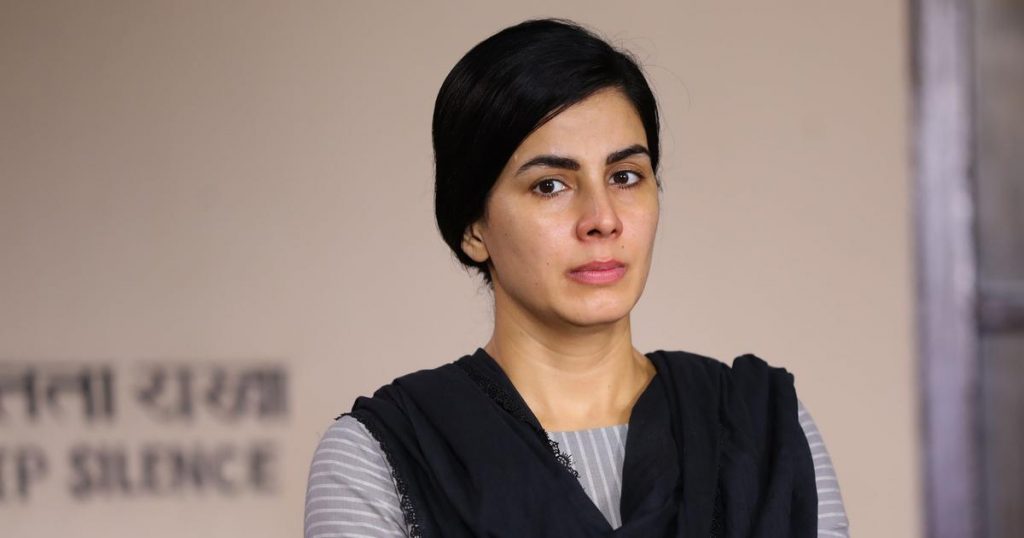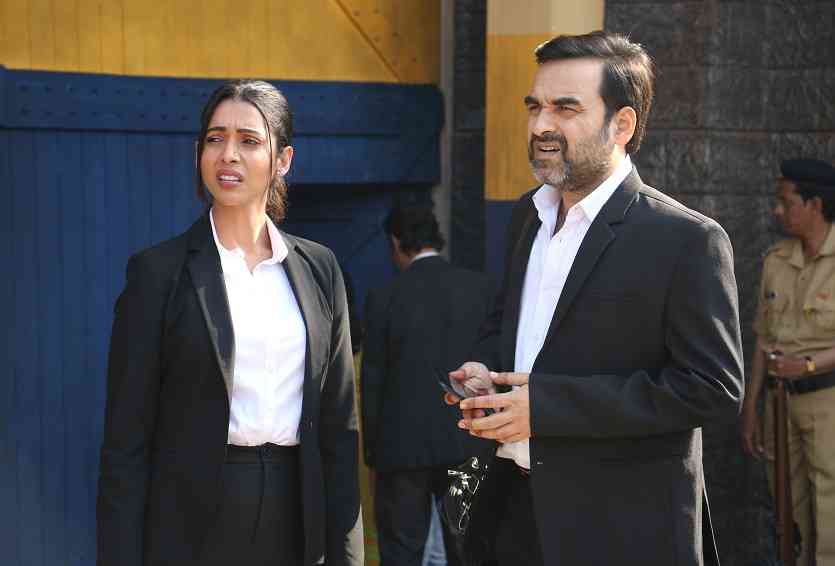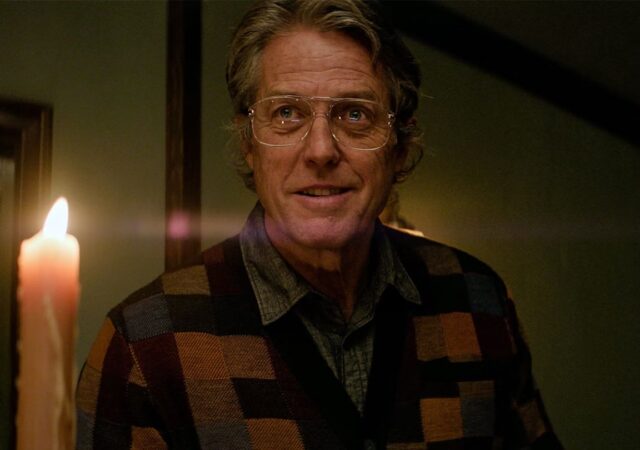Criminal Justice: Behind Closed Doors is the second season of the Criminal Justice series, but that doesn’t mean it isn’t accessible to viewers who haven’t watched the first season. Following on the footsteps of the original series on BBC, Behind Closed Doors picks a complicated- and timely- subject matter in the form of a domestic abuse victim who is being tried for her husband’s murder. Thing is, not even she is truly aware that she has been abused.
The lawyer community is rattled when Bikram Chandra (Jisshu Sengupta) is murdered by his wife, Anu (Kirti Kulhari). The police use her daughter, Rhea as leverage to coerce Anu into giving a confession. Once intrepid lawyer Madhav Mishra (Pankaj Tripathi) is assigned to the case as the defense lawyer, he tries to piece together the events that lead to the murder. Soon, Nikhat Hossain (Anupria Goyenka) joins Mishra in the case, despite being ostracized by the rest of the lawyer community for helping Anu.

The main cast puts in solid performances, headed by the very able Pankaj Tripathi, who seems to be almost everywhere these days, from Mirzapur and Gunjan Saxena: The Kargil Girl to Ludo and Kaagaz. His character, Madhav Mishra, is on the lookout for a good payday, but has a good heart. His relationship with his newly-wed wife is adorably comical, which belies his keen mind and instinct for investigation.
Kirti Kulhari probably had the most difficult task of all, portraying a complicated character who is terrified and cowed most of the time, being judged by everyone around her, from other inmates in the jail to her own daughter. She conveys Anu’s suffering through her eyes and facial tics, and when she is finally forced to confront her shame, you see the unraveling of years of frustration and humiliation. The rest of the cast, from Anupriya Goyenka to Mita Vashisht and Ashish Vidyarthi, portray characters on opposite sides of the case, all of whom they believe they are on the right side, despite their methods.
What is notable about Criminal Justice: Behind Closed Doors is that it shows how it might be hard to identify abusers, even for the victims of abuse themselves.
The show also highlights how women are taken for granted by their families and husbands. We learn throughout the trial how Bikram isolated Anu from her friends and family, and even taught his daughter to spy on her mother and report her activities to him. Although the second season of the original series also focused on this topic, it is even more suited and relevant in the context of India. Despite the increased presence of women in the workplace, represented here by lawyers, police officers and judges, there is still a long way to go when it comes to addressing abuse.
The eight-episode season is a bit more padded than the five-episode season of the BBC series. Thankfully, it ends before overstaying its welcome. If there are more seasons in the future, it will be interesting to see how the series works with original stories as opposed to adapting the BBC series.



























